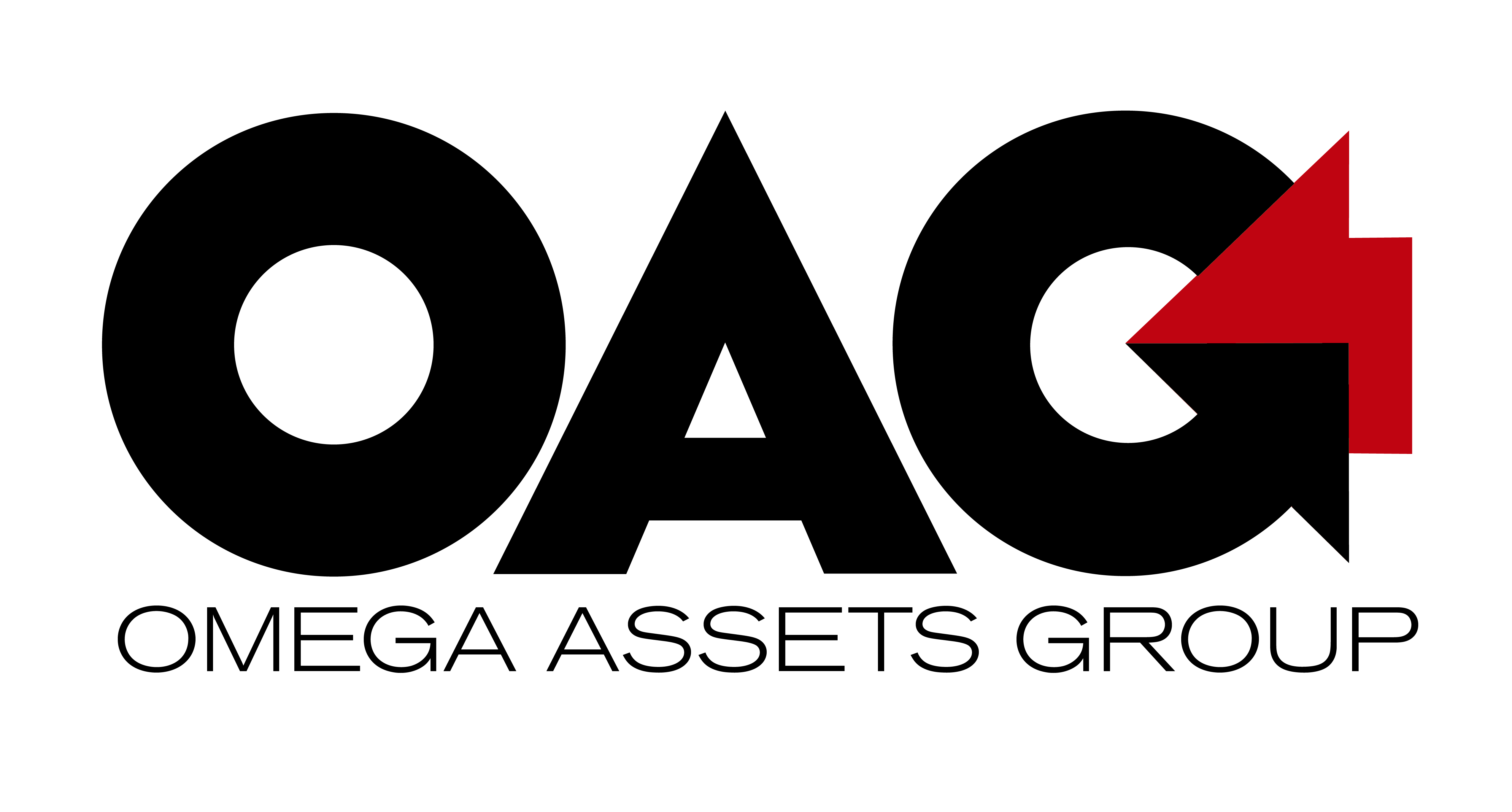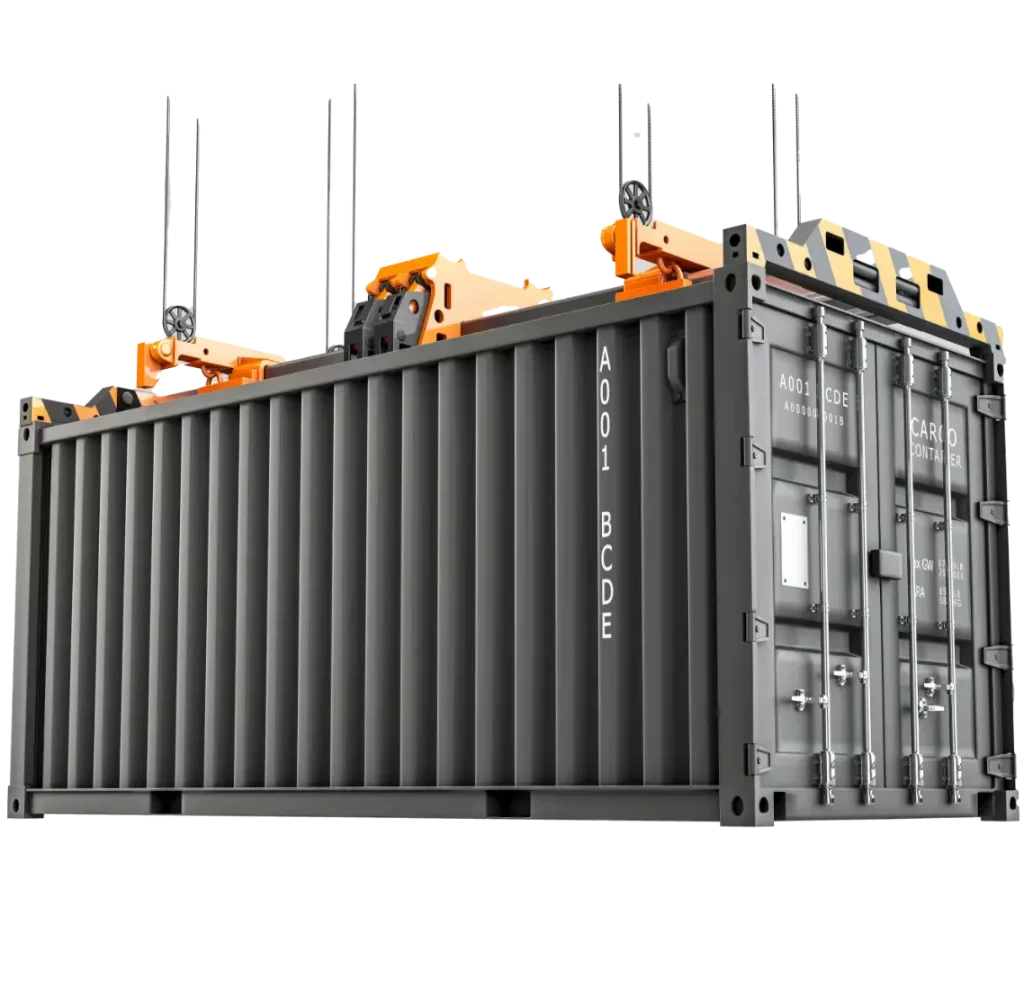Products


Optimize Your Processes
Download the technical sheet now to get all the essential details of our chemicals and optimize your processes.
CHLORINATED PARAFFIN
Is a complex mixture of polychlorinated alkanes used in a variety of industrial applications. It is produced by the chlorination of paraffin wax fractions obtained from petroleum distillation. CPW is primarily used as a plasticizer in the manufacture of flexible PVC (polyvinyl chloride) and as a flame retardant in a wide range of products including paints, coatings, adhesives, sealants, and rubber products. CPW is valued for its ability to impart enhanced flexibility, resistance to chemicals, and flame retardancy to materials. It is available in different grades depending on the degree of chlorination, with varying chlorine content typically ranging from 40% to 70%. The specific properties of CPW make it suitable for use in various sectors such as construction, automotive, and textiles.
DBP
Dibutyl Phthalate (DBP) is a widely used organic compound, primarily known as a plasticizer. It is a colorless, nearly odorless, oily liquid with the chemical formula C16H22O4. DBP is most commonly used to make plastics, particularly polyvinyl chloride (PVC), more flexible and resilient. It works by embedding itself between the chains of polymers, reducing the intermolecular forces and thus increasing the plastic's flexibility.
DIDP
Is a high molecular weight phthalate commonly used as a plasticizer, particularly in the production of flexible polyvinyl chloride (PVC). DIDP is a clear, oily liquid with the chemical formula C28H46O4, and it helps to make PVC and other plastics more flexible, durable, and easier to handle by reducing their brittleness.
DINP
A chemical compounds widely used to increase the flexibility, durability, and workability of plastics, particularly polyvinyl chloride (PVC). By integrating into the polymer chains of plastics, phthalates reduce their rigidity, making them softer and more pliable. These plasticizers are essential in various applications, from construction materials to consumer goods.
Frequently used in PVC products, such as flooring, wire insulation, and automotive interiors.
Known for its high plasticizing efficiency and low volatility.
DOP
Is one of the most widely used phthalate plasticizers. DOP is primarily used to enhance the flexibility, durability, and workability of polyvinyl chloride (PVC) products, making it softer and more pliable.
Dioctyl Phthalate (DOP) remains a significant plasticizer in the production of flexible PVC and other plastic products, but its use is increasingly being regulated due to health and environmental concerns. The push for safer alternatives continues to shape the future of plasticizer use in various industries.
DPHP
Dipropylheptyl Phthalate (DPHP) is a versatile, non-phthalate plasticizer that offers excellent performance across a range of applications. Its improved safety profile makes it an attractive option for manufacturers aiming to meet regulatory requirements and consumer expectations for safer alternatives. With the ongoing shift towards sustainable practices, DPHP is well-positioned to play a significant role in the future of plasticizer use.
MTM
Phthalate esters, commonly referred to simply as phthalates, are a group of chemical compounds derived from phthalic acid. They are widely used as plasticizers to increase the flexibility, transparency, durability, and longevity of plastics, particularly polyvinyl chloride (PVC).
Phthalate esters are versatile and widely used plasticizers that play a crucial role in enhancing the properties of various products. However, growing health and environmental concerns have led to increased regulatory oversight and a shift towards safer alternatives in many applications. Understanding the role and implications of phthalate esters is essential for manufacturers and consumers alike as they navigate the evolving landscape of chemical safety and sustainability.
TOTM
Is a non-phthalate plasticizer widely used in various applications due to its favorable properties and safety profile. It is derived from trimellitic anhydride and is often utilized as a substitute for traditional phthalate plasticizers.
Trioctyl trimellitate (TOTM) is a versatile and effective non-phthalate plasticizer that enhances the properties of flexible PVC and other materials. Its safety profile, thermal stability, and low migration characteristics make it an ideal choice for a wide range of applications, particularly in consumer products and medical devices. As the demand for safer alternatives continues to grow, TOTM stands out as a reliable option for manufacturers seeking to balance performance and safety.
PVC
PVC Pipe 25 typically refers to a polyvinyl chloride (PVC) pipe with a nominal diameter of 25 millimeters (mm). PVC pipes are widely used for plumbing, irrigation, drainage, and various industrial applications due to their lightweight, durability, and corrosion resistance.
PP QR6711k
Is a type of polypropylene polymer in which ethylene is randomly incorporated into the polypropylene chain. This modification results in a polymer with distinct properties compared to standard polypropylene homopolymers. The presence of ethylene provides the material with increased flexibility, clarity, and impact resistance, making it ideal for various applications, particularly where transparency and flexibility are required.
HDPE 100
Is a natural bimodal high-density polyethylene copolymer designed for extrusion of potable water, industrial and mining pipe.
DOTP
Is a phthalate-free plasticizer that is widely used as a safer alternative to traditional phthalate plasticizers like DOP (Dioctyl Phthalate). It offers excellent performance characteristics such as good plasticizing efficiency, low volatility, and resistance to extraction, making it suitable for use in a variety of PVC applications, including cables, flooring, and automotive interiors. DOTP is valued for its environmental and health safety profile, as it complies with stricter regulations on phthalates, making it a preferred choice in industries aiming to reduce harmful substances.
PVC SG5
is a specific grade of polyvinyl chloride (PVC) resin, which is widely used in various applications due to its versatile properties. The "SG5" designation refers to its K-value (usually between 66-68), indicating its molecular weight and viscosity. This grade is often used for products requiring a balance between rigidity and flexibility.
Contact us
- 001-7863977220
- Sucre and Sucre Trust Limited Omar Hudge Building Chera Chambers Road Town, Tortola, BVI
- Informes@oaginc.net
© All Rights Reserved.

